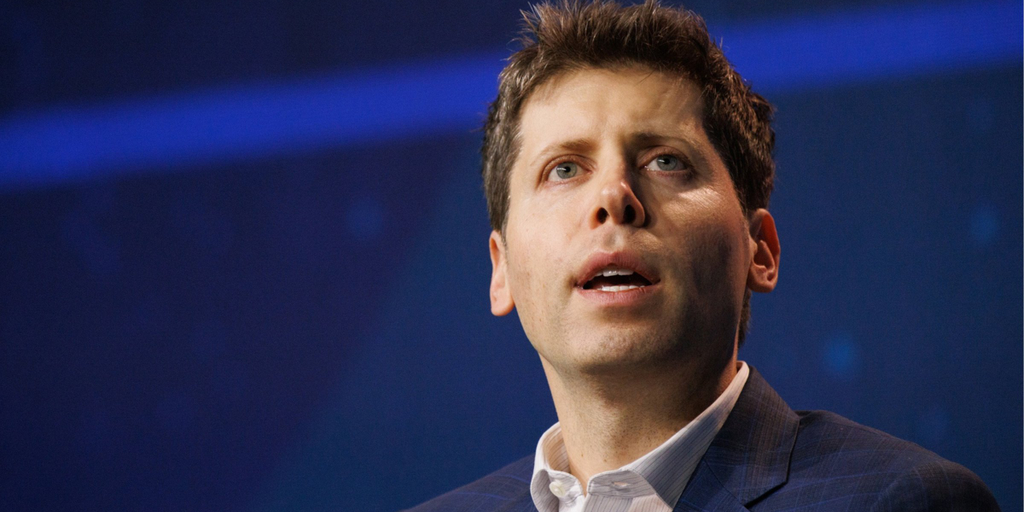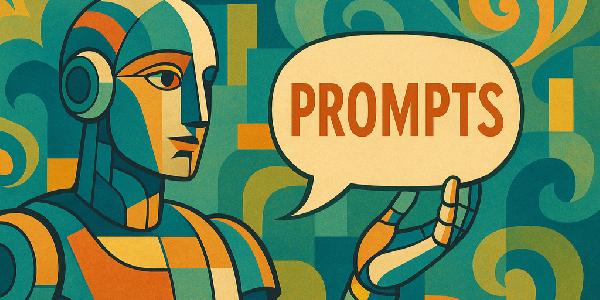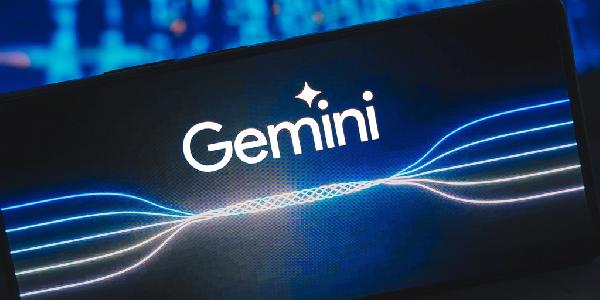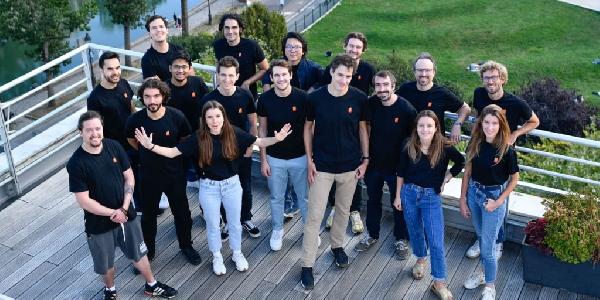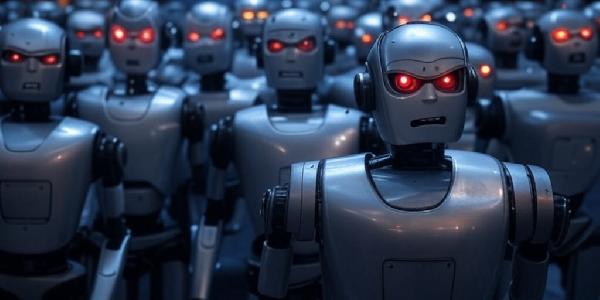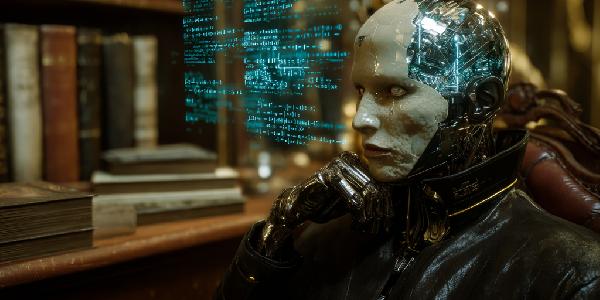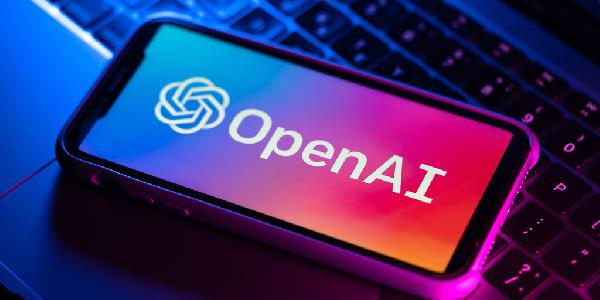When it comes to artificial intelligence, your age might shape your perspective more than you think.
OpenAI CEO Sam Altman says Baby Boomers, millennials, and Gen Z each see AI through a different lens—a generational divide that could influence how the technology evolves.
Older generations tend to view AI as an advanced search engine. Millennials often use it more like a digital therapist, Altman said during Sequoia Capital‘s AI Ascent 2025 event earlier this month.
Today’s college students push it even further, treating AI as an all-purpose assistant, relying on it for everything from studying to creative projects.
“It’s a simplification, but older people use ChatGPT like Google,” Altman said. “People in their 20s and 30s use it as a life advisor.”
Altman compared this generational gap in AI use to the early days of smartphones, when younger users adapted quickly while older generations took longer to adjust.
"[College students] use it like an operating system,” Altman said. “They set it up in complex ways, connect it to files, and have detailed prompts memorized or saved to paste in and out. It’s impressive. Some don’t make life decisions without asking ChatGPT, which has full context on the people in their lives and past conversations.”
Altman attributed this change in the youngest cohort‘s behavior to GPT’s new memory feature, which OpenAI released in April.
The memory upgrade allows the AI to retain context from past interactions, making its responses more personalized and consistent over time.
The OpenAI CEO’s comments reflect a broader trend in generational AI adoption. Only 20 of baby boomers use AI weekly, compared to 70 of Gen Z.
Meanwhile, 55 of Gen X and 58 of millennials say they expect the technology to have a significant impact on their lives, according to a December 2024 report by the Association of Equipment Manufacturers.
This impact is primarily driven by advances in generative AI and its ability to mimic human interaction, a phenomenon that experts warn could lead to an unhealthy attachment as technology becomes more ubiquitous.
Despite these concerns, Altman sees a future of increased value for AI.
"The value will continue to come from three things: building more infrastructure, smarter models, and the kind of scaffolding to integrate this stuff into society,” he said. “If you push on those, I think the rest will sort itself out at a higher level of detail.”
Edited by Sebastian Sinclair
Your Email
